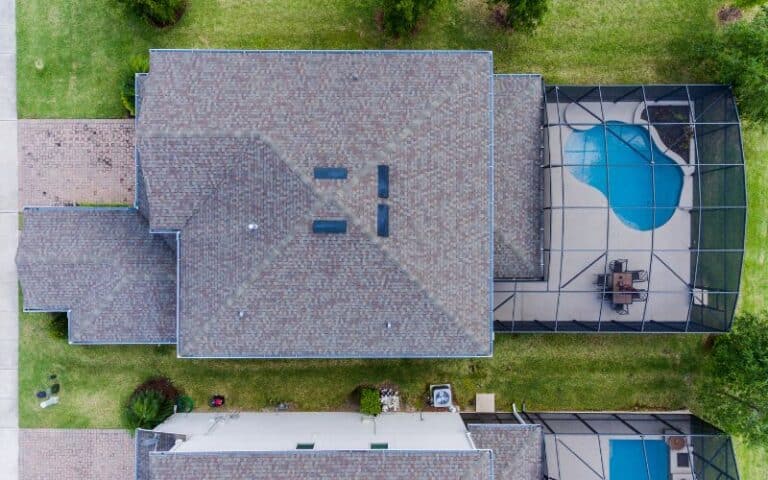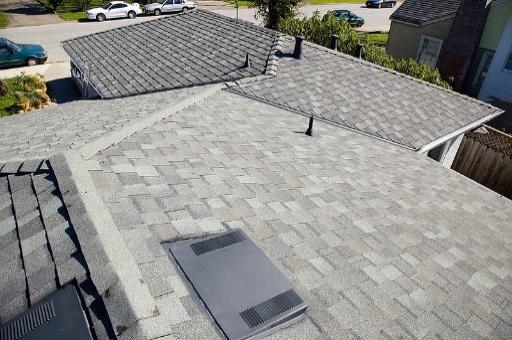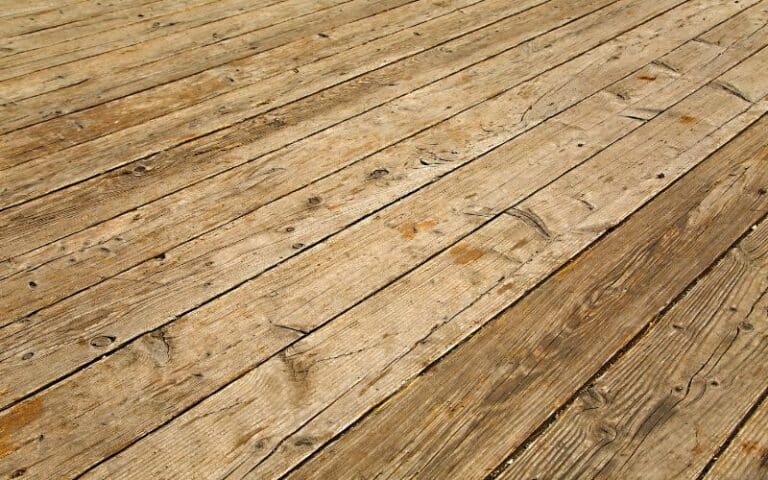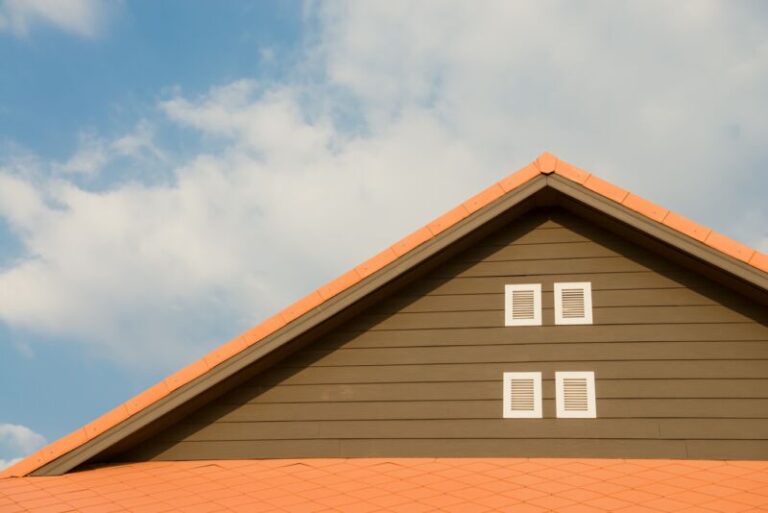The roof is one of the most instrumental components of a house. Before a homeowner replaces their roof, it is crucial for them to gain a deep understanding of how a roof certification or warranty works.
Most homeowners think that these two roofing essentials are the same thing which can, at times, be the case, but isn’t always the case.
This confusion can lead to costly mistakes at times when roofing trouble arises. In this article, we will discuss all that you need to know about certifications and warranties of roofs so that you can ensure getting high value against your investment and avoid missteps.
Ready for a Roofing Quiz?
What Is a Roof Certification?
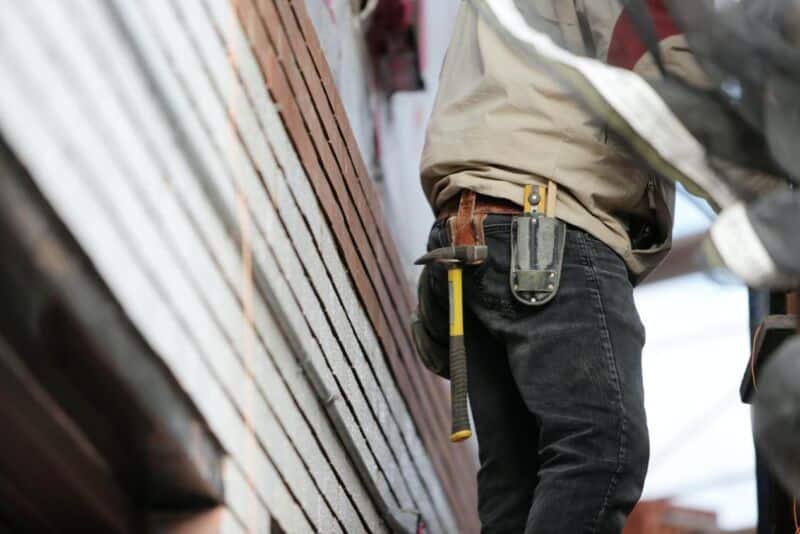
A roof certification is an estimate pertaining to its lifespan, in black and white, made by a roof inspector after evaluating the conditions of a roof.
It is a document or a letter that certifies that the roof is expected to last for a specific number of years in view of its current physical condition. A roof certification is typically issued for any number of years, between one to five.
If you require a roof certification for a specific number of years and, upon inspection, your roof does not turn out to be good enough for it, you can ask the same roofing company or any other firm to make the necessary repairs and get you the certification for that number of years.
What Is a Roof Warranty?
A roof warranty is when a company does some repair work on your roof, installs a new roof for you, and guarantees that your roof will function as it should for a specific number of years.
If it does not and an issue arises, the company bears all the repair expenses. However, there are a number of types of roof warranties out there, all with different terms and conditions.
Therefore, you should always perform due diligence and read through the fine print to make sure you do not receive a distasteful surprise later.
There is a workmanship warranty that covers the costs of any damage repair required as a result of poor workmanship, and there is a manufacturer’s warranty that usually lasts for 20 to 50 years and covers the roofing materials.
Then, there are roof certifications specifically covering leakages, wind damages, and other roofing issues.
Is a Roof Certification a Warranty?
A roof certification can be a warranty, and homeowners need to ensure that it is, unless they are getting it for purposes, such as insurance or selling of the house, etc., that do not require a warranty.
When you get a roof certification for 1, 2, 3, or 5 years, the warranty that comes with it stays valid for the same number of years, and you get released of any financial liability regarding roof repairs during that time period.
A roof certification that is not a warranty is essentially a preventive maintenance plan for the roofing system and is used for insurance, home selling, home buying, and other such purposes.
A roof certification which is a warranty, usually comes with several conditions, though, such as scheduling regular inspections with the roofing company, etc.
There are certain things that all homeowners should keep in mind before ordering a roof certification:
- – Make sure your roof certification is a warranty for as many kinds of roof repairs as possible.
- – Make sure your roof warranty covers damages across all areas, parts, and components of your roof.
- – Make sure your roof certification has a no-dollar limitation. This means that no matter how much the cost of the repairs is, the roofing company should bear all of it.
- – Make sure the warranty is transferrable. This means that if the owner or the dweller of the house changes, the warranty should stay valid for the complete duration.
- – Make sure the roof certification you are considering is certified or at least vouched for by a credible authority.
- – The roof inspector should not perform a lightweight roof inspection but thoroughly and carefully analyze the rooftop, garage, attic, interior, and perimeter of the roof.
- – Make sure you fully understand the terms and conditions of the certification, and the steps for filing a claim are clearly mentioned.
- – Make sure your roof certification is not prorated. This means that the total cost coverage does not get diminished with time, and the warranty is not prorated to limit liability.
Some Common Exclusions
As I mentioned earlier, different roof certifications and warranties have different terms and conditions.
However, there are some exclusions that are more commonly found in roofing companies’ policies:
- – Any damage or damages caused by improperly installed skylights or solar panels.
- – Any damage or damages caused by foot traffic.
- – Any damage or damages caused by severe weather or natural disasters, such as storms, heavy rainfall, or high winds.
- – Any damage or damages caused intentionally by the occupants of the home or a third party.
Final Thoughts
Due to the complexity of a roof certification or roof warranty, homeowners need to be savvy and well-informed about the subject.
A roof warranty that is reliable can save you from having to spend huge amounts of money on roof repairs.
This provides you with peace of mind and assures that your investment is well-protected.
All you need to do is to make sure of the above-mentioned instructions and perform due diligence, and gain an understanding of what is excluded and included in the roof certification or roof warranty contract.

